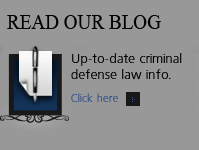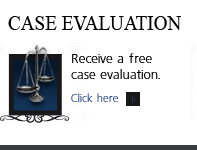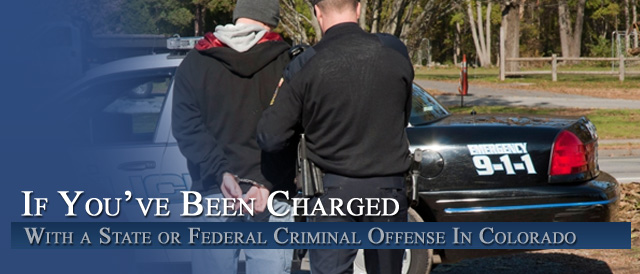

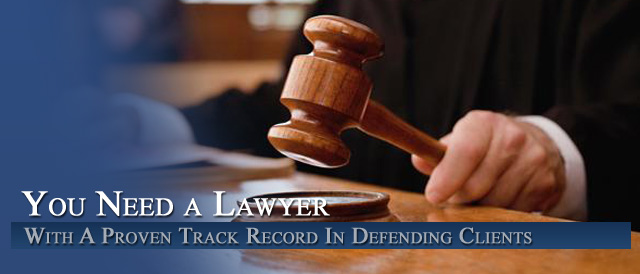
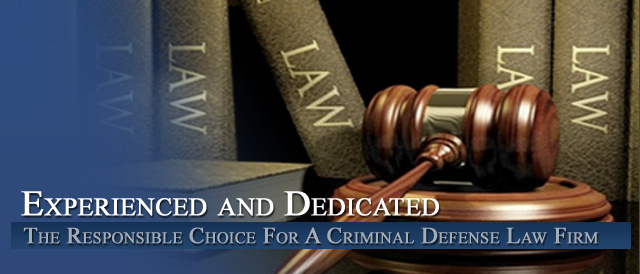
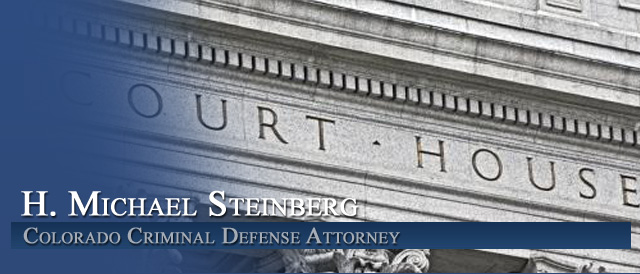
Colorado Criminal Jury Trials – Jury Questions Change Everything
By H. Michael Steinberg Colorado Criminal Defense Lawyer December 2015
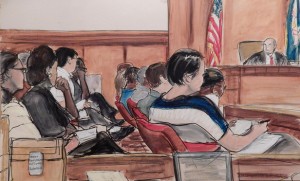 Colorado Criminal Jury Trials – Jury Questions Change Everything – A relatively recent development in the rules governing Colorado criminal jury trials permits – following any and every witnesses’ testimony – a jury to actually pose written questions to the witness. These questions not only provide real time insight into the current thinking of the jury – they often also are some of the best questions posed during the trial.
Colorado Criminal Jury Trials – Jury Questions Change Everything – A relatively recent development in the rules governing Colorado criminal jury trials permits – following any and every witnesses’ testimony – a jury to actually pose written questions to the witness. These questions not only provide real time insight into the current thinking of the jury – they often also are some of the best questions posed during the trial.
As of December of 2015, Colorado is only 1 of 3 states that mandates that juries be allowed to ask questions. Six states prohibit the practice and several others give trial judges permission to permit or deny the practice of asking questions.
Having just concluded a very complex felony child abuse case in Arapahoe County (2015) in which dozens of excellent questions were asked – I decided to look more closely at the history of the jury question procedure, how it was developed and why, and how it is used today.
In the Aurora Theater Shooting Case – (the Holmes case) – the jury, according to the reports, over the many months of that high profile case – asked hundreds of questions that were not only astute, the questions demonstrated a jury that was “engaged and curious about detail” in the proceedings.
A jury consultant from Dallas described the Holmes jury as:
“….acting like detectives,” “….trying to put the pieces of the puzzle together.”
The Jury Question Process
The process is simple. At the conclusion of a witnesses’ testimony – after both lawyers have concluded their examination, the jurors having drafted their written questions on a preprinted blank form, during that testimony, hands those questions to the bailiff.
The bailiff then hands the questions to the judge who reviews them at the bench. The judge then calls the lawyers to the bench (out of the hearing of the jury) to review the questions to see if the lawyers have objections to the questions. If there are objections to any of the questions posited by the jury, the judge can: (1) modify the question, (2) not modify the question or (3) refuse to ask the question.
Once the question or questions are asked and answered by the witness, the lawyers are given an opportunity to ask follow up questions of the witness based on the juror questions. The questions are then saved and made part of the permanent record of the case.
Reading Too Much Into The Questions – The Danger Of Assuming Which Way The Jury Is Leaning
The interesting part of the process is the attempt by the lawyers for both sides to “glean” from the questions which way the jury is leaning. Unlike questions that asked in writing by the jury during deliberations, trial stage questions, at least in my experience, tell you very little about which side the jury is favoring at the moment. One good aspect of the process however, is that it can alert the lawyers, as “presenters” of their case theory, to the fact that the jury is confused about one or more aspects of the case.
Colorado Jury Questions – An Efficient Way To Answer Troubling Problems Of The Case Quickly
Not only do jury questions, for the most part, keep jurors engaged and paying attention, they may hasten early verdicts by answering questions when they need to be answered rather than waiting for the questions to emerge during deliberations. The jury question procedure permits conflicting evidence during the trial to be resolved for or against a party as the trial proceeds.
The proponents of the jury question process believe it leads to “Cross-Checking”.
“Cross-Checking” is described as a process that allows the jury, in real time, to assess the credibility of witnesses – this is the primary responsibility of the jury – to decide who is telling the truth.
The Purported Results of The Colorado Jury Question “Experiment” – Why The Procedure Was Made Into Law
The results of the study of the Colorado jury question procedure are:
• Actual experience with juror questions at trial increases support from judges and attorneys on the benefits of the procedure.
• Juror questions do not overly influence verdicts.
• Juror questions do not cause excessive or unreasonable time delays.
• Juror questions do not influence a defendant’s decision to testify.
• Juror questions do not appear to create prejudice to either party.
• Jurors will submit improper questions, but the screening procedures employed by judges generally are effective in eliminating troublesome inquiries.
• Jurors do not react negatively when their questions are declined.
• Jurors appear to be more engaged, attentive, and empowered when allowed to ask questions at trial.
• Jurors show more favorable reactions to the trial process when allowed to ask questions.
• Jurors believe the procedure allows them to gain further clarification and information on evidence.
• Attorneys become more aware of any confusion surrounding the evidence and, in some cases, are alerted to missing information.
Summary And Conclusion About The Colorado Jury Question Procedure
While there are critics of the idea of allowing jury questions who allege that the Colorado jury question process:
• Upsets the adversarial system.
• Delays the trial process.
• The procedure for allowing questions is too cumbersome.
• Jurors will assume the role of advocates and lose their impartiality by becoming overly involved.
• Distracts jurors from attending to trial or evidence presented.
• Jurors may ask questions that are irrelevant, inadmissible, improper, or prejudicial.
• Jurors may attach more importance to questions asked by peers.
• Juror questions might upset trial strategies.
• Attorneys are concerned that if they object to a juror’s question that they risk offending or alienating the juror.
My personal experience with the process has been overwhelmingly positive and further affrims my faith in the criminal trial jury system.
Colorado Criminal Jury Trials – Jury Questions Change Everything
If you found any of the information I have provided on this web page article helpful please click my Plus+1 or the Share buttons below so that others may also find it.
Never stop fighting – never stop believing in yourself and your right to due process of law.
ABOUT THE AUTHOR: H. Michael Steinberg – Email The Author at [email protected] – A Denver Colorado Criminal Defense Lawyer – or call his office at 303-627-7777 during business hours – or call his cell if you cannot wait and need his immediate assistance – 720-220-2277. Attorney H. Michael Steinberg is passionate about criminal defense. His extensive knowledge and experience of Colorado Criminal Law gives him the edge you need to properly handle your case.
You should be careful to make a responsible choice in selecting a Colorado Criminal Defense Lawyer – and we encourage you to “vet” our firm. Over the last 40 plus years – by focusing ONLY on Colorado criminal law – H. Michael has had the necessary time to commit to the task of constantly updating himself on nearly every area of criminal law, to include Colorado criminal law and procedure and trial and courtroom practice. H. Michael works hard to get his clients the best possible results in and out of the courtroom. He has written, and continues to write, extensively on Colorado criminal law and he hopes this article helps you in some small way – Colorado Criminal Jury Trials – Jury Questions Change Everything.
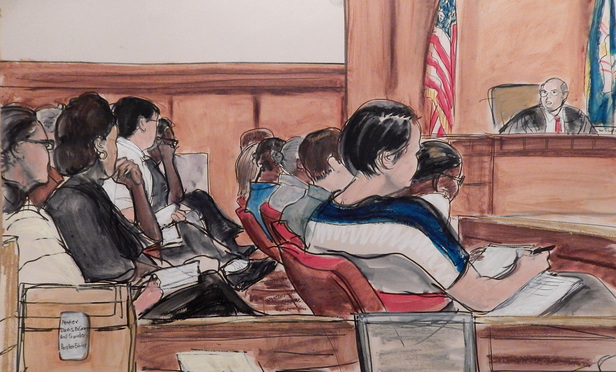
Other Articles of Interest:
- Rules of Evidence
- Jury Deliberations: Why Jurors Are Instructed to Wait Until ALL of the Evidence Is In
- Anatomy of a Colorado Trial
- Anatomy of a Trial
- Consent Defense In Colorado Sex Crimes Trials – What It All Means

